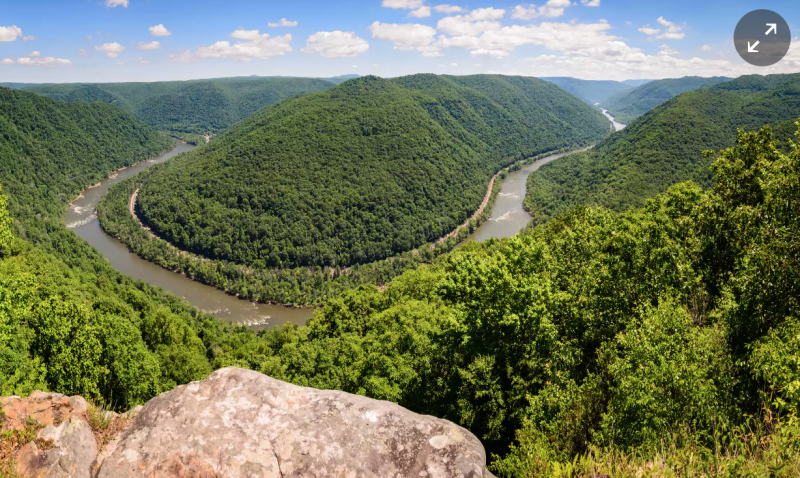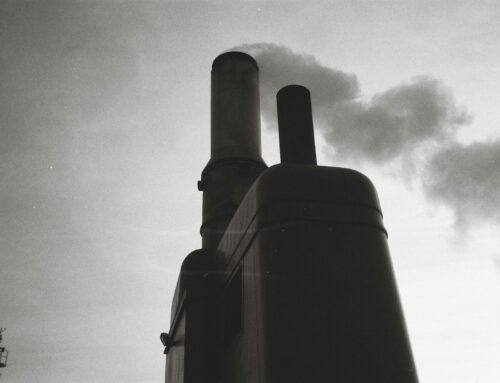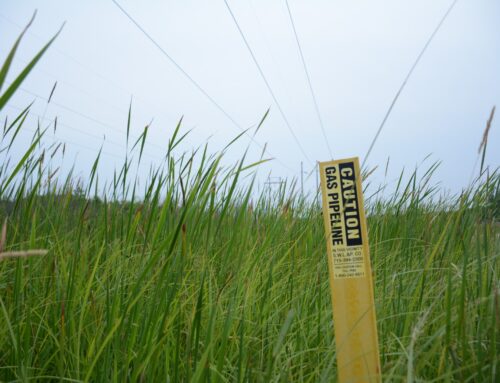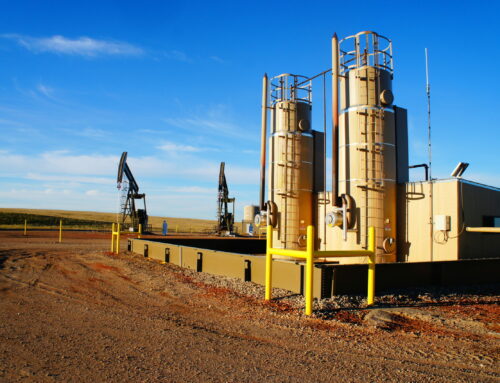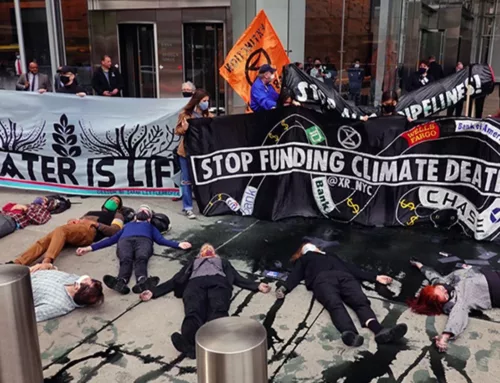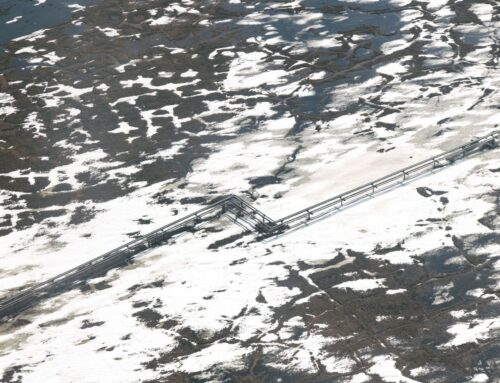Alison Stine reports from her home in a rural part of south-eastern Ohio, along the foothills of the Appalachian Mountains, where out-of-state fracking companies are dumping toxic waste into injection wells in what was once coal country. The contamination of the local environment has threatened local agriculture, left water undrinkable, and is affecting tourism in the region. In 2012, Madeline ffitch (whose last name is traditionally spelled lowercase) was arrested for blocking the entrance to a pit well. Two years later, Christine Hughes was arrested for protesting at another site. In 2016, the Bureau of Land Management began selling off land in the state’s only national forest and authorized it for injection wells as well as fracking. ffitch says that the most impacted communities – older women, Indigenous communities, and people of color – are leading the resistance against wastewater injections. The companies have chosen their communities, they say, because they are isolated, poor, and lack resources more readily found in cities. Photo credit: Alamy Stock


